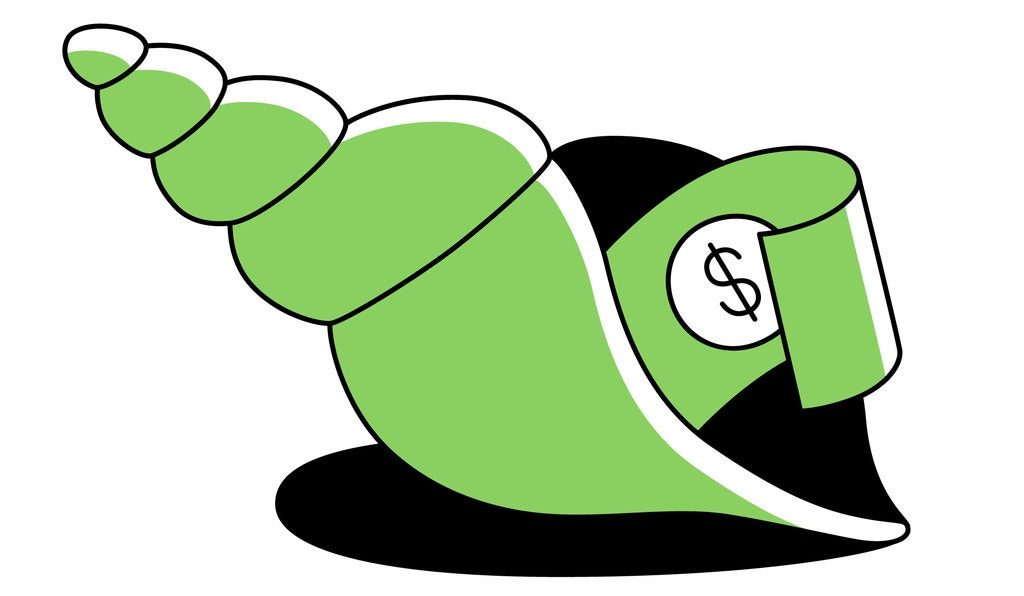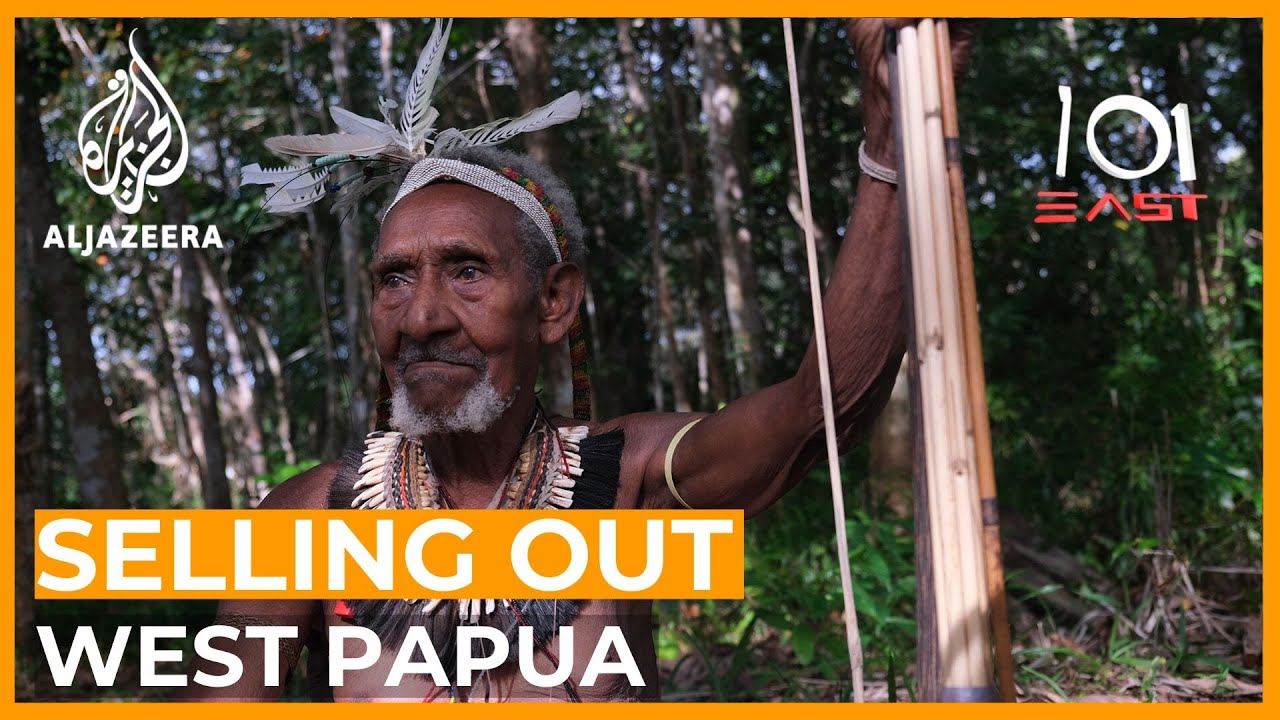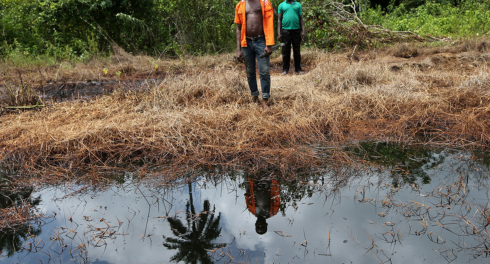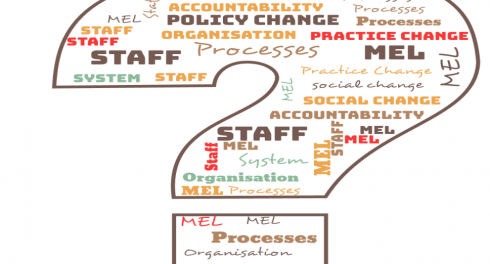Highlight
- Shells cracking?
- The price is right
- Faulty math
- Tracing to Wrangling
- Vital yet undermined
- TAI Spotlight: So, you want to hire a data person? Here’s what makes sense for your organization
Shells cracking?

Illustration by Radio via The New York Times
Hopes for landmark US legislation to introduce beneficial ownership disclosure requirements currently rest on an amendment to the National Defense Authorization Act. Adding momentum, the US Chamber of Commerce endorsed the bipartisan legislation, completing a remarkable turnaround in positioning. Read their letter here.
As if to further underline the need for such legislation, there’s no shortage of stories highlighting abuses via anonymous shell companies. The Anti-Corruption Evidence Research Programme is building upon their historical database of financial secrecy regulatory information with a new project based on the Panama Papers leak. Here, they show a visual map of shell companies linked to politically-exposed persons in the notorious data leak. While the Gecko Project team details a year-long cross border investigation unpicking a maze of shell companies that centered on a $22 million “consultancy fee” paid to “an expert” who helped a major palm oil conglomerate become the largest landowner in Indonesia’s Papuan rainforest. (More details in the Essential Watch section).
The price is right
The OECD adds its voice to enforcement agencies anticipating a rise in bribery and corruption amid the pandemic. Amid this context, Abigail Bellows would love to see more commitment from the US on anti-corruption efforts. She offers a blueprint of proposed anti-corruption reforms the next U.S. administration could make to elevate anti-corruption as a foreign policy priority, including urging the government to mainstream corruption considerations more fully into U.S. work on global health, economic relief, security assistance, and intelligence.
Procurement is typically one weak spot, so what to do? The Global Investigative Journalism Network offers a new guide on how to research and report on government contracting for COVID-19 spending.
Not that open contracting serves anti-corruption purposes alone. Roberto De Michele and Gastón Pierri find robust evidence that digital solutions paired with transparency increases the number of bidders and produces savings in electronic purchasing platforms. While the new Dominican Republic open procurement data portal goes beyond transparency to include assessments of equal opportunity for small and women-run businesses.
Mariana San Martin, a former Argentine government official, offers the inside story of opening up procurement data (combine with checking out the Buenos Aires portal for government works projects.) Staying at city level, Matthew Leger highlights open data resources local leaders can leverage during this crisis.
Concerns over project costs is causing some ructions in Pakistan-China relations. Pakistan is trying to renegotiate the China Pakistan Economic Corridor (CPEC) repayments by 10 years after it alleged Chinese companies inflated costs associated with power projects by $3 billion and increased set-up cost for two plants by more than $204m over “misrepresentation” of interest payments.

Dan McCrum. Photo via: Financial Times
Essential Listening: The inside story on exposing the Wirecard fraud
Surveillance, spear-phishing and missing billions. Listen to the personal account of Dan McCrum, the reporter who broke the Wirecard story, one of the greatest frauds in German post war history. ‘At times I thought I was going crazy.’ Dan McCrum explains the twists and turns behind the massive fraud.
Faulty math

If wealth inequality sometimes seems too wide to comprehend, have a look at it this wealth to scale infograph. Just keep scrolling to the right and keep on scrolling to bring home the uneven distribution of wealth in the US. Not that it is confined to North America. Michael Stott surveys the scene in Latin America where there is new attention to the potential of wealth taxes to have the rich pay more as COVID-19 drains public finances.
On a positive note, the OECD announced that the tax authorities of nearly 100 countries completed automatic exchange of financial information in 2019. Alex Cobham explains why this is a win for tax justice.
From tax to audit. Jonathan Ford and Tabby Kinder argues it is time to audit the auditors. “Without clarity there is never going to be proper accountability… What we have is a recipe for weak auditing, and even more Wirecards and Parmalats,” argues Tim Bush, head of governance and financial analysis at the Pensions & Investment Research Consultants. Will governments or shareholders push for change first?
One set of audited accounts that have been much anticipated are those of the Nigeria National Petroleum Corporation (NNPC), the country’s state-owned oil company. After 43 years, NNPC published audited accounts. Waziri Adio of Nigeria Extractive Industries Transparency praised the group for keeping the promise to publish the audited reports. “Having such disclosures is good for transparency and accountability.” However, the release only covers 20 of NNPC’s subsidiaries so there are still some gaps in public understanding of liabilities.
Dani Kaufmann, along with Victoria Bassetti and Norm Eisen, offer their respective takes on whether corruption is inevitable in oil, gas and mining. They all draw on insights from an in-depth cross-institution research effort, their new report urges a transparency, accountability, participation plus (TAP+) approach to limiting corruption in the sector.
Don’t miss these lessons for civil society advocacy from Transparency International’s evaluation on Kenya’s mining sector: work together; focus on constructive engagement and dialogue; connect local to national; and ensure the sustainability of advocacy networks beyond the project timeline. While the Natural Resource Governance Institute gender team look at how extractives sector laws and policies can better contribute to gender equality.

Image Credit: Aljazeera 101 East investigation
Essential Watch: Selling out Papua New Guinea
This exclusive Aljazeera 101 East investigation, produced in collaboration with Mongabay, The Gecko Project, and the Korea Centre for Investigative Journalism, reveals how Korean-run companies are allegedly engaging in questionable deals as they buy up vast areas of indigenous land in Papua to develop palm oil plantations while endangering the lives and rights of local Papuans. Watch their interactive report detailing how swathes of Indonesian rainforest were bought for just $5 a hectare, bulldozed and converted into a palm oil plantation, and later resold for $1billion.
Tracing to wrangling
The global tide has turned against centralized contact tracing apps as many countries are scrapping old contact tracing apps that were criticized for breaching user’s privacy rights. Now they are following a new guide away from centralized apps, keeping user privacy rights at the center of its focus.
Julia Keseru warns of the danger of binary thinking (e.g. transparency vs privacy) and how it can facilitate exploitation and widen inequality. With a more positive twist, in an excerpt from The Future of Change: How Technology Shapes Social Revolutions, Ray Brescia analyzes how Violence Against Women Act proponents in the US used digital platforms to broaden their message and how this can help efforts to advance social change in the digital age.
For more updates on data and digital rights, check out Stanford’s Global Digital Policy Incubator newly launched Global Digital Rights Digest and its first Global Digital Policy Snapshot, which looks at “National AI Strategies & Human Rights.”
MERL Tech and CLEAR-Anglophone Africa are working together to develop a framework and guidance on responsible data management for Monitoring, Evaluation, Research and Learning (MERL) in the Anglophone African context.
Meantime, reflecting on the Results Data Initiative, Vinisha Bhatia-Murdach says promoting data usage is just as important as data reporting. How do you build your organization’s capacity to use data effectively? Want to know the difference between a data wrangler and a data analyst? TAI’s new guidance walks you through the questions to ask and steps to consider – spoiler alert it rarely involves hiring a data scientist! See TAI Spotlight below for more details.
Vital yet undermined
Have time for a long read? Jordie Thorpe and John Gaventa explore the importance of democratizing economic decision-making – including citizen engagement in economic policy, economic development, and the governance of economic institutions – through an analysis of 28 cases in 14 countries.
The prospects of broadening decision-making may be diminishing in many places as authoritarian governments use the pandemic to consolidate power. In a case in point, Zimbabwean activist Precious Ndlovu and Miranda Rivers analyze how old repressions in Zimbabwe have been renewed and how to sustain support for Zimbabwe’s nonviolent movement amid COVID-19 pandemic. Perhaps the demonstration of people power in the opposition’s victory in neighboring Malawi offers some hope.
Turning to the strategic litigation front in fighting for social change, Open Global Rights has launched a blog series featuring global examples on successes and potential blind spots on climate change human rights litigation.
Of course, it is not just repressive tactics spiralling amid the distractions of the pandemic. The financial hit is growing every clearer for civil society. A new report by @AfricanNGOs and EPICAfrica highlights the impact of COVID-19 on African CSOs in 44 countries. 56% of African CSO respondents lost funding as a result of COVID19 and expect more cuts; yet 85% are responding to the pandemic with the provision of local funding. Report authors detail challenges, responses, emerging opportunities, and recommendations to help strengthen solidarity and inform advocacy for greater recognition and support for the sector.
What can funders do? In her 6th COVID-19 dispatch on grant making during a time of upheaval, Lisa Pillar Cowan advocates for more trust and partnership in philanthropy as she explore various ways foundations are breaking rules of business -as-usual and why they need to keep doing that. Open Society Foundations’(OSF) Jordi Vaquer summarizes the four divergent directions OSF is using in their foresight conversations. He suggests “the goal is not to be right, but to be ready” and not trying to predict the future, rather trying to be better prepared to adapt.
Have you considered what the future of work will look like for NGOs?

Take a few minutes to answer the TechSoup Survey on the technology challenges non-profits and libraries are facing in 2020. With your responses, the TechSoup team will be able to map today’s opportunities and challenges so educators, service providers, foundations, philanthropic organizations, and donors will know where to begin and how to have the greatest impact. These changes will shape everything for the next decade — and beyond!
TAI Spotlight: So, you want to hire a data person? Here’s what makes sense for your organization
So, you want to hire a data person? Here’s what makes sense for your organization | Transparency and Accountability Initiative (TAI)
Drawing on experiences of CSOs to date, we have developed guidance for social accountability groups (and their funders) on what to consider when seeking to build data expertise. Read the practical guidance here.
Data Governance under Covid: Sharing data in a crisis | Luminate
Principal of Data & Digital Rights at Luminate, Swee Leng Harris discuss data governance during COVID-19 at the CogX, an award-winning Festival with its roots in artificial intelligence. “Context and purpose matters and great caution should be exercised when repurposing data from one context to a new context,” she says
Patrick Gaspard on civil society & social movements | Open Society Foundations
Open Society Foundations President, Patrick Gaspard joins Vice-Chancellor of the Open Society University Network for a virtual discussion on civil society and social movement. The Foundation has also provided a $100 million grant to strengthen and expand Bard’s Center for Civic Engagement initiatives, central to both its undergraduate liberal arts curriculum and its leadership role as a founding partner of the new Open Society University Network.
When does behavioral science contribute to COVID response? | Hewlett Foundation
In the latest “Coronavignette”, Managing Directors of ideas42, Saugato Datta and Josh Martin share the importance of understanding human behaviour when crafting government policy, and how that hasn’t always been true of COVID response policies.
MacArthur Fellows speak up | MacArthur Foundation
Here’s what MacArthur Fellows have said about social justice, racial inequality, and other long-standing institutions that have led to recent protests all over the United States and beyond.
Job listings
Job postings at Ford Foundation – Ongoing
Job postings at Luminate – Ongoing
Job postings at Democracy fund – Ongoing
Job postings at Wikimedia Foundation – Ongoing (and mostly remote)
Facilitation co-lead – Citizens’ assembly on COVID – Ongoing
Government Affairs Senior Policy Advisor, International Financial Institutions at Oxfam – Ongoing
Director of Development and Solidarity Philanthropy at Grassroots International – Ongoing
Senior Communications Coordinator at Grassroots International – Ongoing
Open Contracting Partnership, Head of Advocacy – July 14, 2020
Open Contracting Partnership, Community Manager – July 20, 2020
Calls/Opportunities
BetterTogether Challenge for innovators – Ongoing
Call for research proposals: Tax and civil society [No Deadline]
Free Digital Security Training – Ongoing
Open Road Alliance Charitable Grant and Loan to organizations responding directly to COVID-19 – Ongoing
Call for submissions to SSIR Series: Social change in an era of extreme polarization – Last Thursday of every month until early 2021
Pulitzer Center Coronavirus news collaboration challenge – Applications will be reviewed on a first-come, rolling basis
Call for proposals: Informality, tax, and the state – Proposals accepted on a rolling basis
Change Leaders in Philanthropy Fellowship – (application opens on June 2020)
IBM call for Code Covid-19 Global Challenge – July 31, 2020
Amartya Sen essay contest 2020: Illicit financial flows – August 31, 2020
Calendar
WE EMpower UN SDG Challenge 2020 – September 18 – 27, 2020 (New York City, United States of America)
The 2020 Journalism Funders Gathering (funder-only gathering) – October 6-7, 2020 (Philadelphia, United States of America)
Humanitarian and Development Data Forum – November 2-4, 2020 (Chambery, France)
Transparency International: 19th International Anti-Corruption Conference – (Postponed)
International Open Data Conference –(Postponed till 2021)


